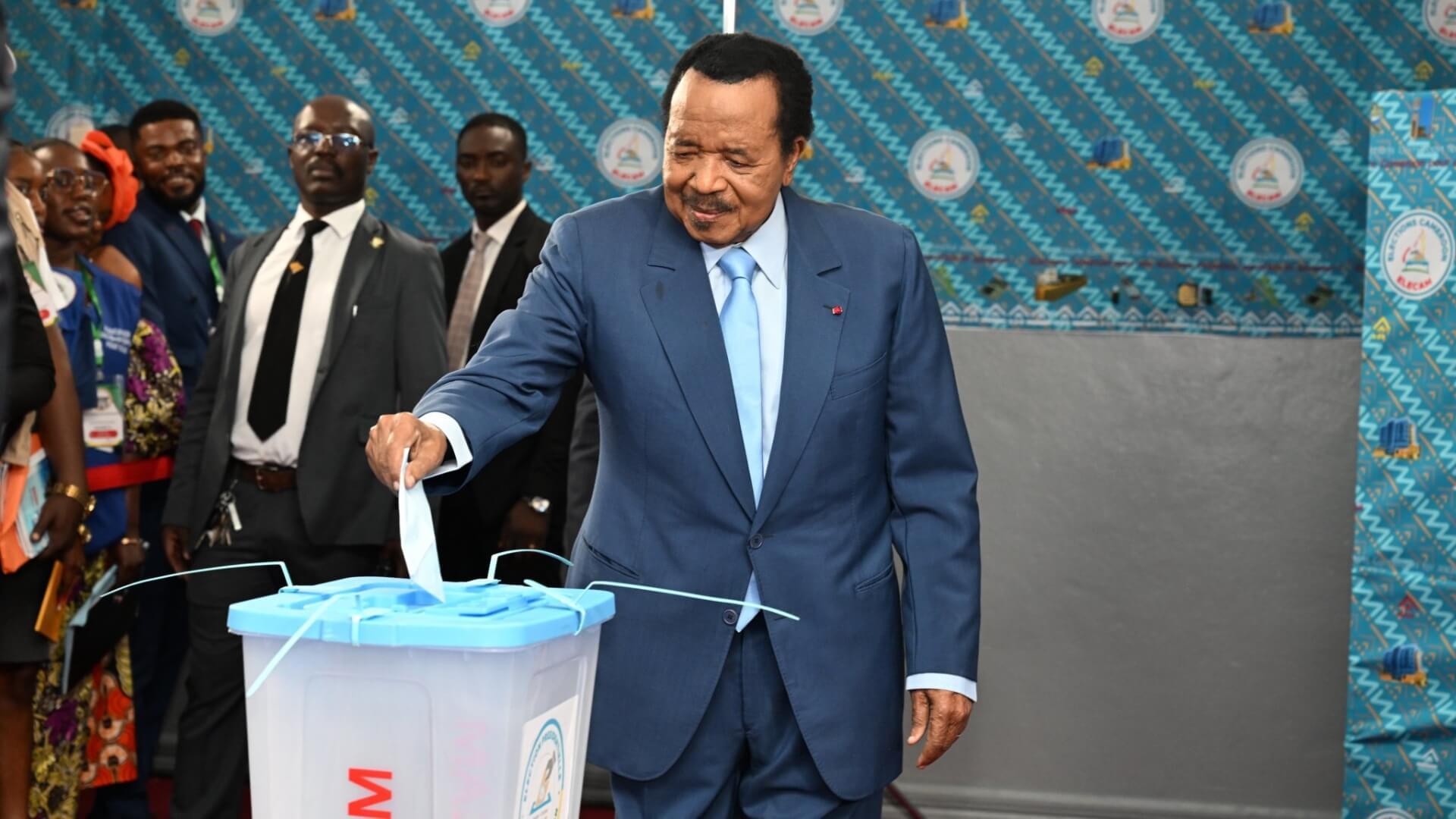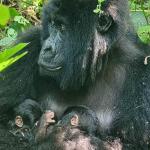Cameroon awaits election results as the world's oldest president, 92-year-old Paul Biya, seeks to extend his 43-year rule for another seven years. Opposition candidate Issa Tchiroma Bakary, a former ally turned challenger, has energized campaigns calling for change amid economic hardships and youth demands for fresh leadership.
Vote counting is underway across Cameroon following Sunday's presidential election, where 92-year-old incumbent Paul Biya seeks to extend his unprecedented 43-year rule for another seven-year term.
With over 8.2 million registered voters participating peacefully despite security concerns, the nation now awaits results that could reshape its political landscape.
The Constitutional Council has until October 26 to announce official results under Cameroon's 15-day deadline. The single-round system means the candidate with the most votes wins outright, regardless of achieving an absolute majority.
Both government and opposition parties conducted parallel vote tallying throughout Sunday night, with unofficial results suggesting competitive outcomes in urban areas while government supporters maintained confidence in rural strongholds.
The Historic Incumbent
Paul Biya, ruling since 1982, is already the world's oldest serving head of state and Africa's second-longest-serving leader. If he completes another term, he would govern into his late 90s.
His health has become a subject of intense speculation, as he spends considerable time in Europe and delegates daily governance to party officials. Despite concerns, the government has dismissed health speculation as "pure fantasy".
Approximately 60% of Cameroon's 30 million citizens are under 25, meaning most have never known another leader. His campaign operated under the slogan "Greatness and Hope," relying heavily on state media and limited public appearances.
Opposition Challenger and Electoral Dynamics
Issa Tchiroma Bakary emerged as Biya's primary challenger after Maurice Kamto was controversially barred from the race. The 76-year-old former government spokesman served as Biya's ally for two decades before defecting in June, promising to end the lengthy tenure and address economic stagnation.
Tchiroma's background as a former railway engineer who held various ministerial positions - including Minister of Communication (2009-2019) - positions him uniquely as an insider-turned-critic. His resignation and subsequent candidacy have been viewed by some as an act of political courage.
Maurice Kamto's exclusion significantly altered the electoral landscape. Cameroon's Electoral Commission rejected his candidacy, claiming his sponsoring party also supported another candidate - an allegation the party denied.
The Constitutional Council upheld this exclusion on August 5, despite Kamto finishing second in 2018.
Human Rights Watch criticized the decision as politically motivated, stating it "threatens the credibility of the electoral process". The exclusion sparked protests in Yaoundé, with security forces using tear gas and detaining at least 35 supporters.
The election faced heightened security concerns, particularly in English-speaking Northwest and Southwest regions where separatist groups threatened disruption. Despite these concerns, Elections Cameroon reported no major incidents during voting.
Additional troops were deployed for day and night patrols in conflict-affected areas. The three conflict regions represent approximately 28.75% of registered voters.
In 2018, voter turnout in Anglophone regions was just 10% compared to the national rate of 54% due to security issues.
The election occurs amid significant economic challenges, including high youth unemployment, rising living costs, and inadequate infrastructure.
Young voters expressed mixed views - some supported change due to economic hardships, while others cited Biya's experience.
First-time voter Marguerite Mukamette, a 34-year-old environmentalist, exemplified opposition sentiment: "Changes are necessary. Life is costly, and accessing medical care is challenging. There are no roads; potholes are everywhere. Everything is in disarray".
Biya removed presidential term limits in 2008, facilitating his victories in 2011 and 2018. His opponents have consistently alleged irregularities, including ballot stuffing and intimidation, though the government denies these accusations.
The ruling Cameroon People's Democratic Movement has dominated through what analysts describe as divide-and-rule strategies. François Conradie of Oxford Economics noted: "Biya has sustained his rule for nearly 43 years by skillfully fragmenting his opponents".
Analysts predict that despite energized opposition campaigns and youth-driven calls for change, Biya's control of state institutions and the divided opposition will likely secure his eighth consecutive victory. The exclusion of Maurice Kamto significantly weakened opposition chances.
As counting continues across ten regions, Cameroonians await results that will determine whether they experience a political transition or seven more years under Africa's second-longest-serving leader.
The October 26 deadline will mark the culmination of an electoral process that has sparked significant debate about democratic governance and electoral integrity in this Central African nation.
Leave a comment
Your email address will not be published. Required fields are marked *




